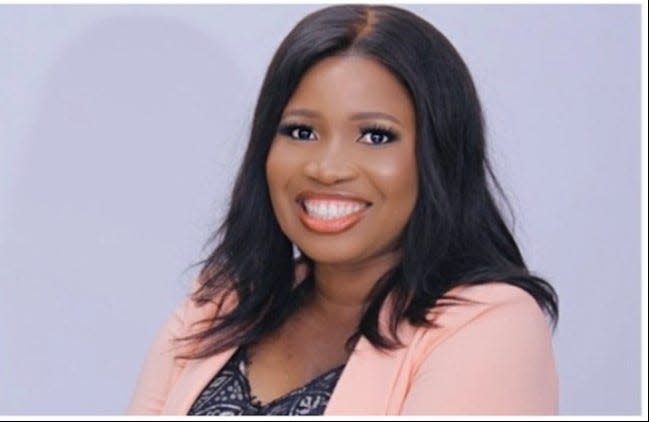Opinion: Consult unbiased professionals before crafting legislation

Public health professionals have written about the benefits of contraceptive use ranging from economic advancement to health and educational attainment. However, I have been ruminating on why the United States government does not see contraceptive access as a low-hanging fruit. Perhaps I’m thinking as a health educator and not a politician or legislator. However, one thing is certain, the laws are designed to serve the people and not otherwise.
Ohio is one of the states with the most unfavorable policies/regulations around reproductive health access, specifically contraceptive use and abortion. On April 3, 2019, Ohio state Rep. John Becker introduced a bill which aims to prohibit offering insurance coverage for abortion services. The bill has a portion that emphatically states that "any birth control that could act to stop a fertilized egg from implanting in the uterus is considered an abortion" and barred insurance companies from covering such contraceptive methods. The bill doesn’t state specifically which birth control would be affected and, thus, can be said to be vague. Interestingly, this bill was introduced the same month that lawmakers in Ohio passed, and Governor Mike Dewine signed into law the "heartbeat" bill that prohibits termination of pregnancy as early as six weeks.
My concern is not about the abortion component of the bill (as that has been extensively discussed by professionals) but about the way people who are perceived to be knowledgeable misconstrue contraception for abortion. Several portions of the bill have attracted continuous debate and conversations, but speaking as health education professional, my key questions are: "Does Rep. John Becker know the difference between abortion and contraception? Does he realize that we would be having minimal conversations on abortion if access to contraception is promoted? Does he know that fertilization can take place within 24 hours to 6 days after sex when there is an egg waiting and that particular portion of bill indirectly prohibits people from accessing morning after pills that has the potency to prevent pregnancy if taken within 72 hours? Do these legislators have health educators as part of members of their advisory team that can give them sound scientific evidence to guide their decision making and their proposal construction? I wonder if our legislators have deeper education about the bills they propose, or are their submissions majorly personal and opinionated rather than science-based?
I feel there is a gap that health educators can fill in this regard. I hope our legislators do better and not let personal misconception overshadow science. It is a well-known situation that while some policymakers from a political party promote bills in support of sexual and reproductive health, the other faction vote vehemently against most of those bills irrespective of the benefits such bills may present to the people they represent.
A good example is the "Affordability is access Act" that was introduced to Congress in 2019 to help expand contraceptives by recommending that FDA-approved birth control pills should be made available over the counter, without a co-pay. Ironically, all the 26 co-sponsors of that bill belong to the Democratic Party, and the bill has been redundant since 2019.
These politics are also applicable in almost every sector in the United States beyond health. We should not allow politics to override our collective responsibility of allowing people to thrive. This cannot be achieved by imposing bills that obviously infringe on people’s rights and restrict them to accessing services that give them an option to choose responsible health behaviors. Policymakers need to do better by looking at current evidence and consult unbiased professionals before constructing/presenting pieces of legislation, this will help bridge the gap between science and politics. Health educators also have critical roles to play by serving as a resource person (make evidence available to policy makers) either as part of legislator’s advisory members or through various advocacy efforts.
Oluwayemisi Ishola is a a global health researcher with 11 years of experience in program management, research, monitoring and evaluation of national and donor-funded public health programs in Africa. She is currently pursuing her doctoral degree in health education and promotion at Kent State University, Ohio.

This article originally appeared on Cincinnati Enquirer: Opinion: Consult unbiased professionals before crafting legislation

